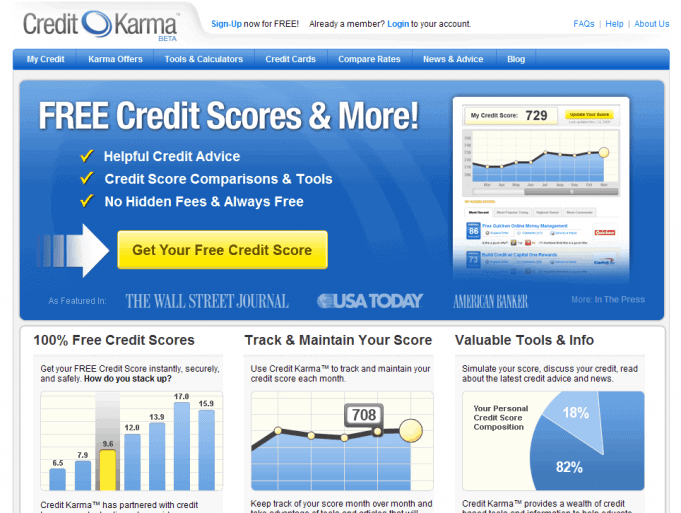When Clint and I bought our first home, we did what most first-time buyers do: obsessively monitored our credit. We signed up for a paid credit monitoring service—one of those old-school ones that charged a monthly fee, sent dry reports, and somehow made us feel less in control of our financial destiny.
But things have changed. And thankfully, so has how we track our credit.
Free Credit Reports: Know Your Rights
Under the Fair Credit Reporting Act (FCRA), the three major consumer credit bureaus—Equifax, Experian, and TransUnion—are required to provide one free credit report per year. No strings attached. No trial periods. Just visit the official FTC-endorsed site:
👉 https://www.annualcreditreport.com
“The FCRA promotes the accuracy and privacy of information in the files of the nation’s consumer reporting companies.
— Federal Trade Commission (FTC)
Still, remembering to request a report once a year is… well, easy to forget. And those interfaces? Let’s just say they aren’t exactly designed for the TikTok generation.
That’s where Credit Karma came into our lives.
Credit Karma: A Modern Way to Monitor Your Credit
Back when I first tested CreditKarma.com, it felt like magic. You answered a few questions and—poof!—an estimated credit score appears. Sure, it might be off by 20–50 points compared to your FICO, but it gave us what we wanted: a free, reliable way to monitor credit health over time.
What makes Credit Karma stand out:
-
Totally free (no credit card required)
-
Updated regularly, not just once a year
-
Clean, user-friendly dashboard
-
Simulators to see how decisions might impact your score
-
Benchmarks to compare your score with others (by age, income, location)
And how do they make money? They show you personalized financial product offers—credit cards, loans, refinancing options—based on your profile. You’re never required to apply, and that keeps the service free.
Why Credit Scores Matter (Now More Than Ever)
Back in 2009, we were emerging from a global financial meltdown. Today? We’re navigating inflation, rising interest rates, and an unpredictable economy.
One thing remains true:
Understanding your credit score is essential to long-term financial wellness.
Whether you’re applying for a mortgage, leasing a car, or trying to avoid double-digit APRs on a credit card, knowing your score helps you plan with clarity.
Final Thoughts: Is Credit Karma Still Worth It in 2025?

Absolutely. Yes, Credit Karma is (still) worth it; and is now a standard part of our household financial toolkit.
With apps like Credit Karma (and similar tools like NerdWallet or Mint), tracking your credit is easier than ever—and smarter than waiting for surprises. You can also explore personal finance books and tools on Amazon to go deeper.
Like flossing, but for your wallet.



